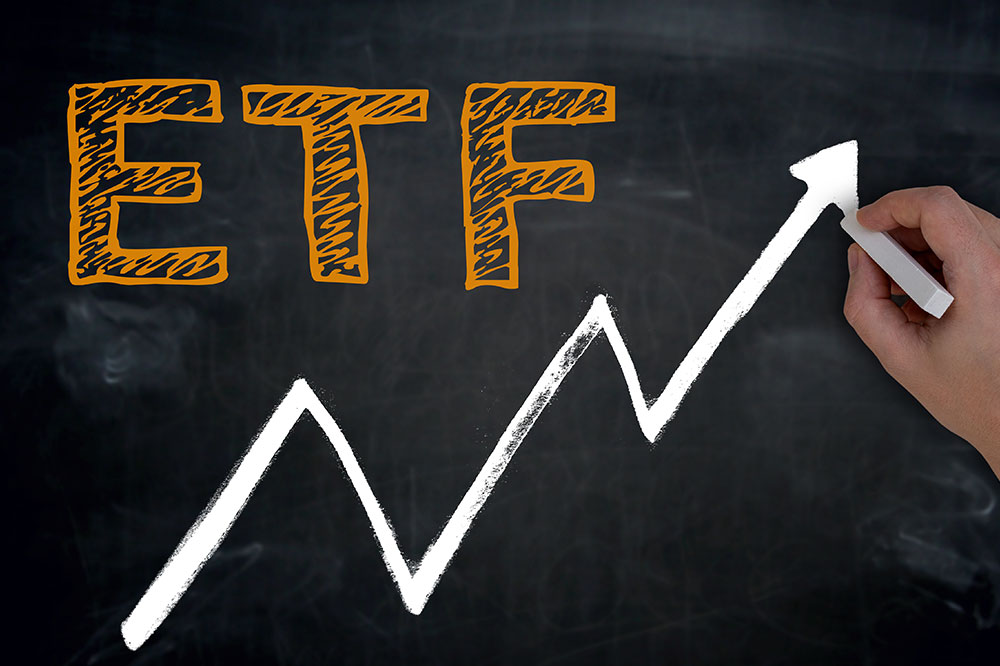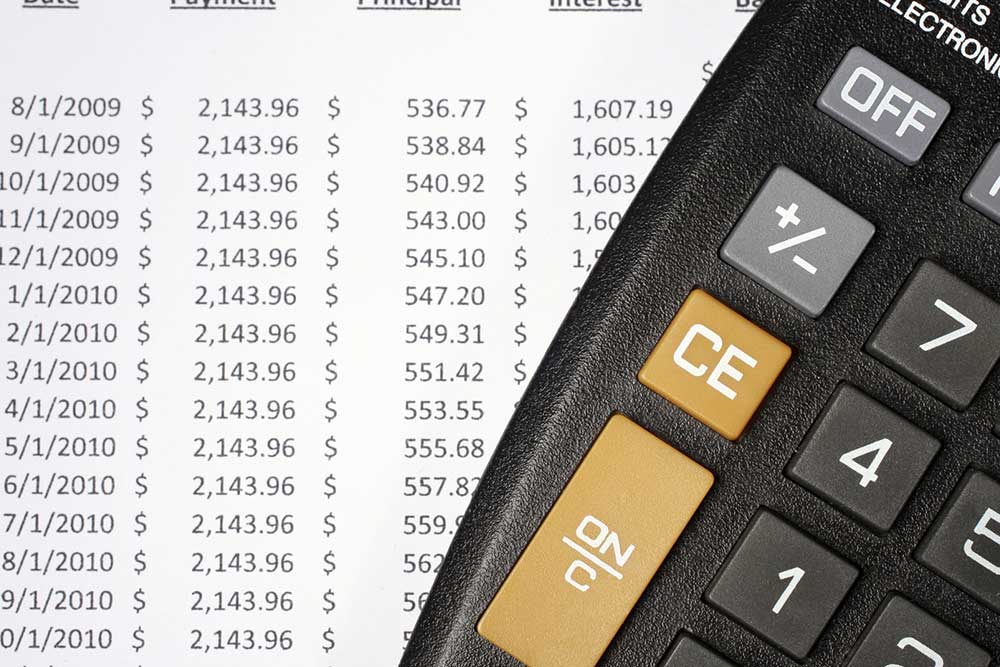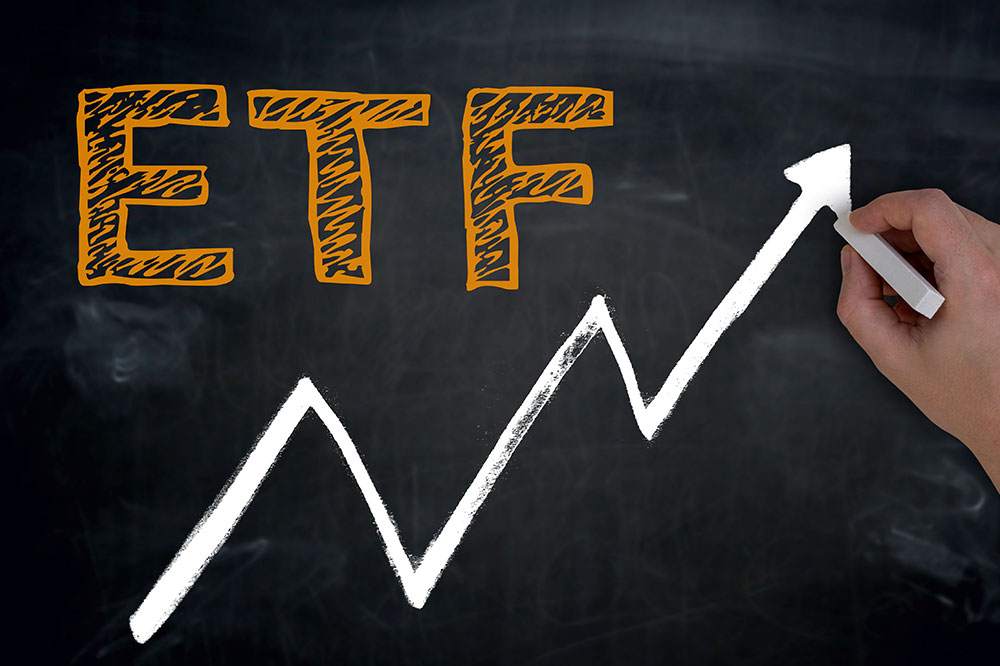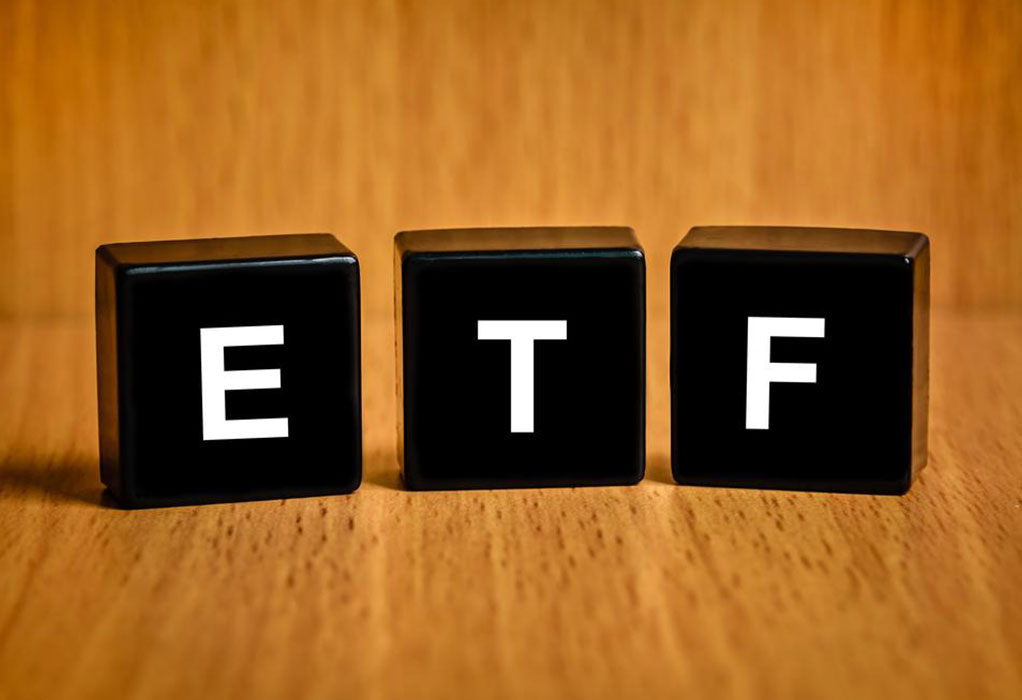Comprehensive Guide to Money Market Accounts and Convertible Debentures: Making the Right Investment Choice
This comprehensive guide explores the differences between money market accounts and convertible debentures, helping investors choose the right investment based on risk, liquidity, and growth potential. Learn about their features, benefits, drawbacks, and suitable scenarios to optimize your financial strategy. Whether seeking safety or higher returns, understanding these options is key to making informed investment decisions and achieving your financial goals efficiently.

Understanding the Differences Between Money Market Accounts and Convertible Debentures: Which Investment Suits Your Financial Goals?
In the world of personal finance and investing, individuals often gravitate toward stocks and mutual funds for growth, but diversification into other financial instruments can provide added security and flexibility. Among these alternative options, money market accounts (MMAs) and convertible debentures are prominent choices. Each serves different investment strategies, risk profiles, and financial needs. Deciding between these two requires a clear understanding of their features, advantages, and potential drawbacks.
This extensive guide aims to clarify the distinctions between money market accounts and convertible debentures, helping investors and savers determine which aligns better with their financial objectives, liquidity needs, and risk tolerance.
What Are Money Market Accounts and Convertible Debentures?
Money market accounts (MMAs) are highly liquid savings accounts offered by banks and credit unions, designed to provide higher interest rates than traditional savings accounts. They combine features of savings and checking accounts, allowing for check writing, debit card usage, and quick access to funds. They are insured by the Federal Deposit Insurance Corporation (FDIC) up to the legal limits, adding a layer of security.
Convertible debentures, on the other hand, are a type of debt security issued by companies that can be converted into a predetermined number of the company's equity shares at certain times during their life. They serve as hybrid financial instruments—initially acting as bonds with fixed interest payments, but with the option for investors to convert into stock, potentially benefiting from stock appreciation. These are not insured like bank deposits, and their value depends heavily on the issuing company's performance and stock market fluctuations.
Understanding the unique attributes of money market accounts and convertible debentures is crucial for making informed investment decisions. Let’s explore each in detail, including their benefits, limitations, and scenarios where they are most suitable.
Advantages and Disadvantages of Money Market Accounts (MMAs)
Money market accounts are popular among conservative investors seeking safety combined with reasonable returns. They are especially appealing during uncertain economic times when capital preservation is paramount. The primary advantages of MMAs include:
FDIC Insurance: Money market accounts are covered up to $250,000 per depositor, per insured bank, safeguarding your investments against bank failures.
Higher Yields: Compared to regular savings accounts, MMAs generally offer higher interest rates, sometimes influenced by market interest rates, providing better growth potential.
Liquidity and Accessibility: Funds in MMAs are easily accessible, allowing depositors to write checks, use debit cards, or transfer funds quickly, making them ideal for emergency savings or short-term cash needs.
Flexible Deposits: You can typically add funds to MMAs at any time, providing convenience for ongoing savings goals.
Banking Features: Many money market accounts combine the features of checking and savings accounts, offering a seamless banking experience.
However, there are some limitations to consider:
Minimum Balance Requirements: Many MMAs require a minimum deposit to open or to earn the advertised interest rate, which could be a barrier for some savers.
Limited Transactions: Federal regulations often restrict processing to six certain types of withdrawals or transfers per month, which might limit flexibility.
Variable Interest Rates: Interest rates can fluctuate with market conditions, meaning returns are not fixed.
Benefits and Drawbacks of Convertible Debentures
Convertible debentures are more complex financial instruments that cater to investors willing to accept higher risks in exchange for potential high returns. Their advantages include:
Potential for Capital Appreciation: If the issuing company's stock performs well, converting the debenture into equity can lead to significant gains.
Fixed Income Stream: Prior to conversion, investors receive regular interest payments, providing steady income.
Conversion Feature: The ability to convert debt to equity offers flexibility and the chance to participate in the company's growth.
Priority in Bankruptcy: As debt holders, debenture holders typically have priority over equity holders in asset claims during insolvency.
On the downside, convertible debentures also come with inherent risks:
Market Volatility: Their value can fluctuate significantly based on the issuing company's stock performance and overall market conditions.
Credit Risk: If the issuing company faces financial difficulties, the debenture's value may decline, or the company may default on payments.
Lack of Insurance: Unlike bank deposits, convertible debentures are not insured, increasing the risk of principal loss.
Interest Rate Risks: Rising interest rates could decrease the market value of existing debentures.
Choosing the Right Investment for Your Financial Goals
Deciding between a money market account and a convertible debenture depends largely on your financial priorities, risk tolerance, and investment horizon. Here are some considerations:
Safety and Liquidity: If preserving capital and maintaining access to funds are your top priorities, MMAs are the best choice due to their FDIC insurance and liquidity features.
Growth Potential: For investors seeking higher returns and willing to accept more risk, convertible debentures offer opportunities for capital gains, especially if investing in stable, growing companies.
Investment Horizon: MMAs are suitable for short-term savings or emergency funds, whereas debentures might be more appropriate for long-term growth strategies.
Risk Tolerance: Your ability to withstand potential losses influences your choice; MMAs suit conservative investors, while debentures appeal to those comfortable with stock market fluctuations.
Both options have their place in a diversified portfolio, and understanding their characteristics helps you tailor your investments to meet your unique financial goals.
Conclusion: Making an Informed Investment Choice
Financial markets provide a myriad of investment opportunities, each with distinct features, risks, and benefits. Money market accounts are ideal for safety, liquidity, and steady growth, especially suited for short-term savings or risk-averse investors. Convertible debentures attract those seeking higher yields and the potential for capital appreciation, suited for more aggressive investors comfortable with market volatility and credit risks.
By evaluating your risk appetite, financial goals, and liquidity needs, you can choose the investment vehicle that best aligns with your overall financial plan. Consulting with financial advisors or investment professionals can further enhance your decision-making process, ensuring that you build a resilient and rewarding investment portfolio tailored to your aspirations.





